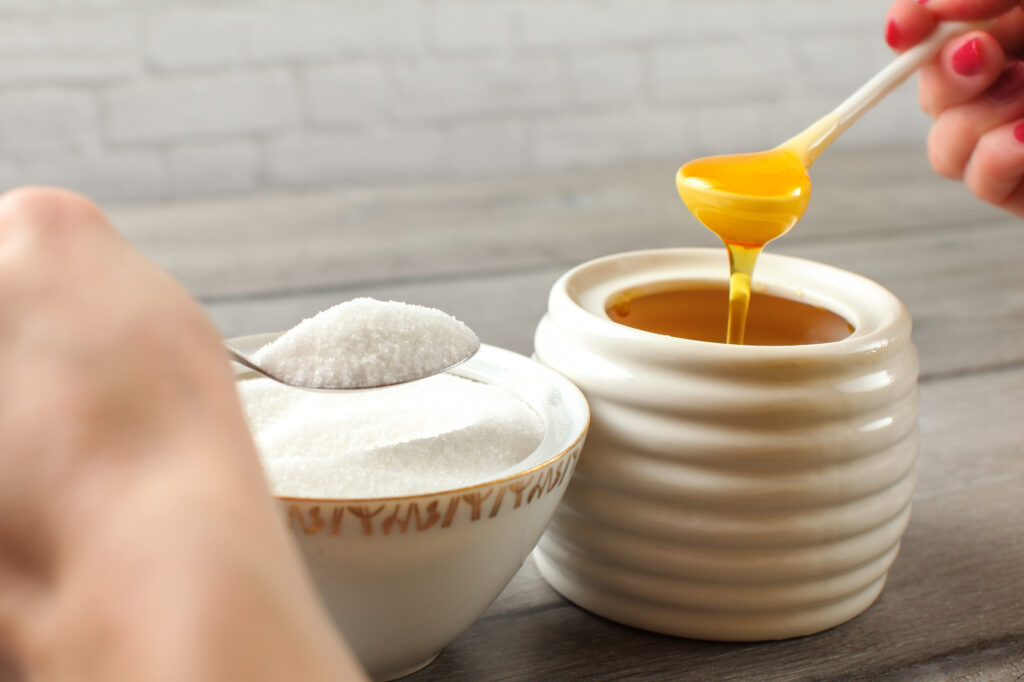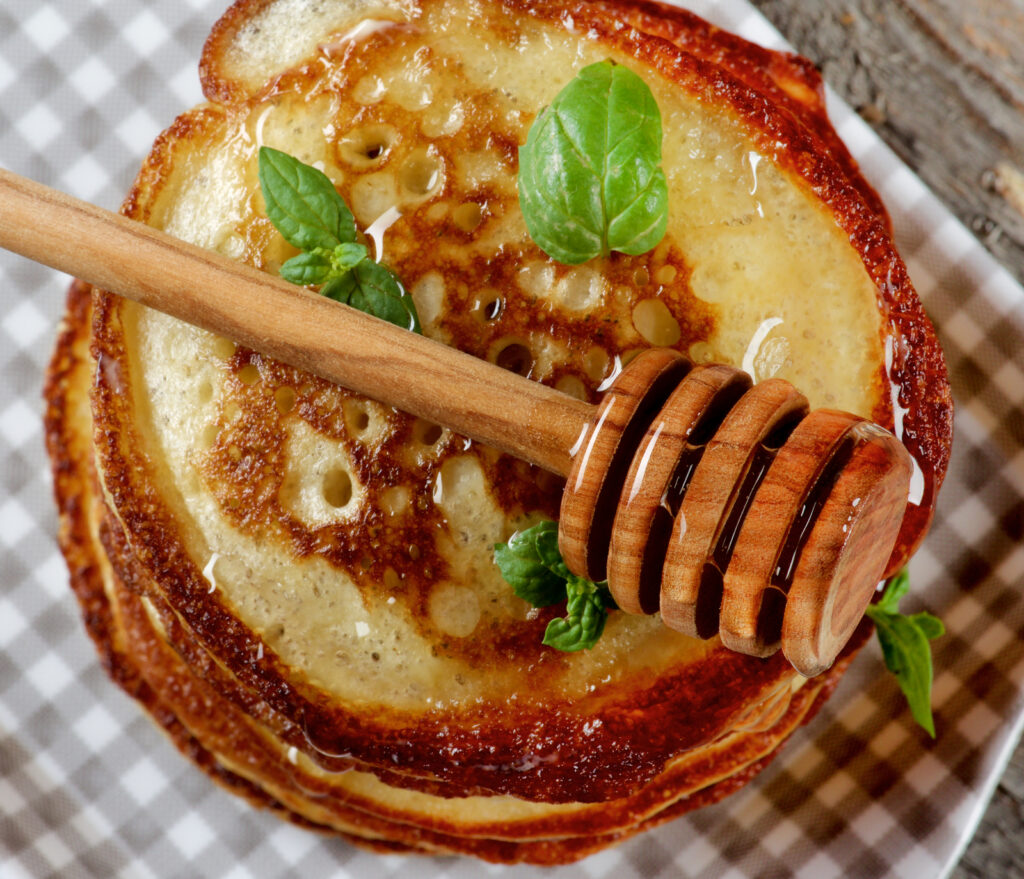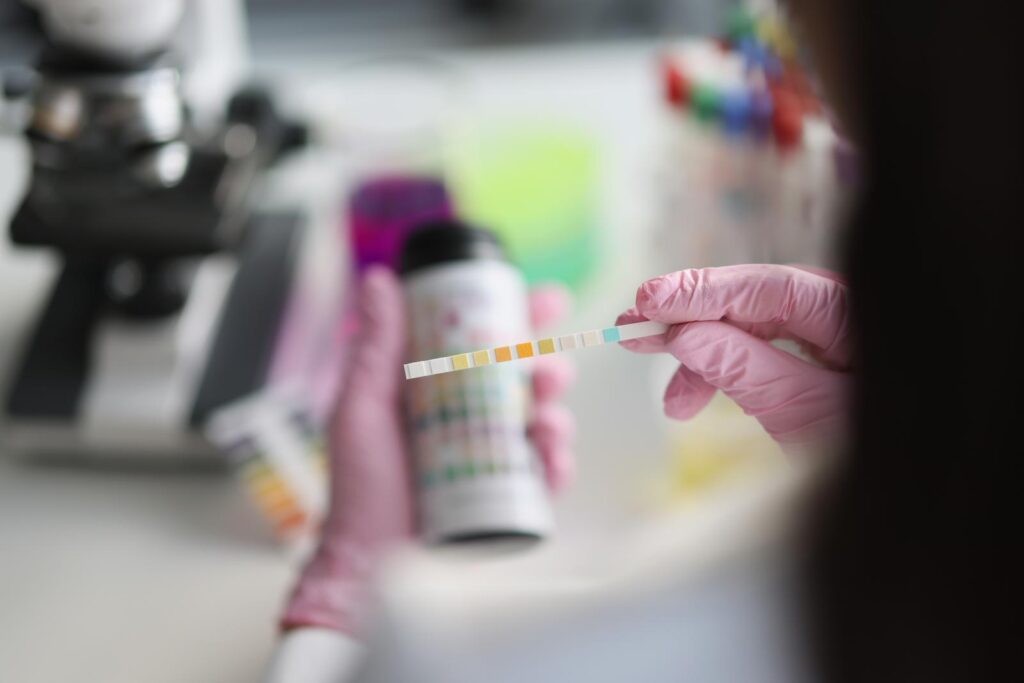Are you a diabetic and wondering if you can take honey in your everyday life? Or if you are concerned about diabetics substituting sugar with honey, you have come to the right place! The simple answer is Yes! However, in this blog post, I will tell you exactly how much honey can a diabetic have.
What is Diabetes and how does it affect sugar levels in the blood?
Before I proceed with the findings, let’s read what diabetes is. So basically, a hormone named Insulin is responsible for managing our blood sugar levels and if this hormone gets affected, more sugar stays in the bloodstream. We call this condition Diabetes. To avoid excessive glucose in the blood, diabetics refrain from taking too much sugar in everyday life.
How much honey is a diabetic recommended to take?
Honey contains glucose and fructose which are natural sweeteners. Apart from this, it is also a source of antioxidants and other vitamins. In addition to this, the most important fact about honey is that it has a lower Glycemic Index (GI) than sugar does.
The Glycemic Index is a measure of how quickly any carbohydrate can increase blood sugar levels. Although this level is less for honey, it does not mean that honey can be a good substitute for sugar as both have a high risk of increasing the glucose levels in the blood.
As per some Turkish researchers, diabetics who had 5-25 grams of honey in their daily diet for 4 months reduced their blood sugar levels, compared to those who had more honey per day.
However, it should not lead you to consuming 25 grams of honey every day. Those with diabetes must limit their intake of sweetness and sugar from honey is also counted as sugar.
Since honey is sweeter than sugar because of its composition, you may eat less sugar when you replace sugar with honey. But honey is loaded with more calories and carbs, which probably events out the slight edge it has over refined sugar.
The general recommended intake of sugar (including honey) is no more than 9 teaspoons and 6 teaspoons for healthy men and women.
But this generalization may not apply to diabetics and they need to consume honey based on their blood sugar levels and doctor’s advice. One to two tea spoons of honey per day should be safe for diabetics.
Honey is generally safe to have in moderate quantity, but it is not a healthier alternative or a sugar free alternative for diabetics. For them, it is important to monitor blood sugar levels after consuming honey to see how it affects them.
Considerations while using Honey in a diet for a diabetic
Honey has had health benefits since the beginning of time. Sore throat, inflammation, and cold have never been a problem with a jar of organic honey in hand. However, it is different for diabetics. They have to be extra careful before incorporating honey into their daily diets.
If not moderately used, it may spike blood sugar levels, leading to serious conditions. As much as it is vital to keep portion sizes calculated, it is also a recommended step to make use of raw honey that is free of any preservatives and has not been processed.
It is also a prescribed hack for diabetics to always use honey alongside proteins and fats. When carbohydrates are consumed with proteins and fats, it takes a longer time for the sugars to be incorporated into the bloodstream. Moreover, it is also advisable to always take an opinion from the medical side to be sure how much honey can a diabetic have.
Types of Honey that are beneficial for Diabetics:
Although all honey tastes sweet and warm, not all types of honey are the same. Yes, you read that right! There are many types of honey that not only come from bees but now, even plant-based honey is introduced for vegetarians. However, for diabetics, there are a few types of raw honey that can be used for their specific purposes.
Here are some of the names of honey that diabetics can take in moderate amounts and yield benefits from:
- Manuka Honey: this type of honey is famous for its anti-inflammatory and antibacterial properties. This is collected from bees only in Australia and New Zealand. This is good for diabetics because it helps reduce the inflammation in the bodies of patients as well as cure wounds with their anti-bacterial benefits. You can easily find it for $30 on Amazon.com.
- Acacia Honey: This type of honey is well known for its low Glycemic Index. This is a plant-based honey collected from the nectar of Pseudoacacia Flower. Apart from this, it has healing properties that help heal the wounds of diabetic patients. You can get these for not more than $23 from Amazon.com.
Natural Sweeteners that are Alternatives to Honey:
Not just diabetics, even if you are a health freak and want to find out ways that would naturally sweeten your food without raising your blood sugar levels, I have the best alternatives for you. Read on and find yourself a natural sweetener of your choice:
- Stevia: this is a natural sweetener derived from the Stevia Plant in Brazil and Paraguay. What makes this different is that it has no carbohydrates, yet it is at least 100-300 times sweeter than normal refined sugar which we call Table sugar. It has zero calories and zero Glycemic Index. Cool, isn’t it?
- Monk fruit sweetener: This is also a plant-based sweetener. It is derived from the Monk fruit and Erythritol is added to it. Although it also has zero calories and a zero Glycemic Index, people sometimes complain of an upset stomach or bloating.
- Agave Nectar: this is also a plant based sweetener, derived from the Salmiana and Blue Agave plant. Although it does not spike the blood sugar levels, it is still recommended that people use honey with a lower GI than to use this sweeter. However, if honey cannot be consumed, Agave nectar is still an option.
As a Diabetic, how can you reduce your overall sugar intake?
Being a diabetic is a difficult thing. You need to be extra careful with whatever you are consuming and that is a daunting task in itself. However, nothing is impossible to attain. There are certain things you need to keep in mind in order to stay one step ahead in this race, and I will help you identify those. Here are a few tips you need to take notes on:
- Substitute artificial sweeteners with natural sweeteners and especially unprocessed. You can either use the Manuka or Acacia honey or go for natural plant based sweeteners like Stevia etc.
- Not only sweeteners, try to avoid all kinds of processed food, beverages, energy drinks, sodas and packaged food. They contain artificial ingredients that may not suit your condition and may cause either a spike or a low glucose level.
- Make sure you do the grocery shopping yourself so that you can read the labels and decide for yourself what ingredient is good for you and what is not.
Now you know how much honey can a Diabetic have? I’m sure you can win this battle and live a healthy and happy life. I hope you found the article informative. Do let me know what you think of this article in the comments section below.


